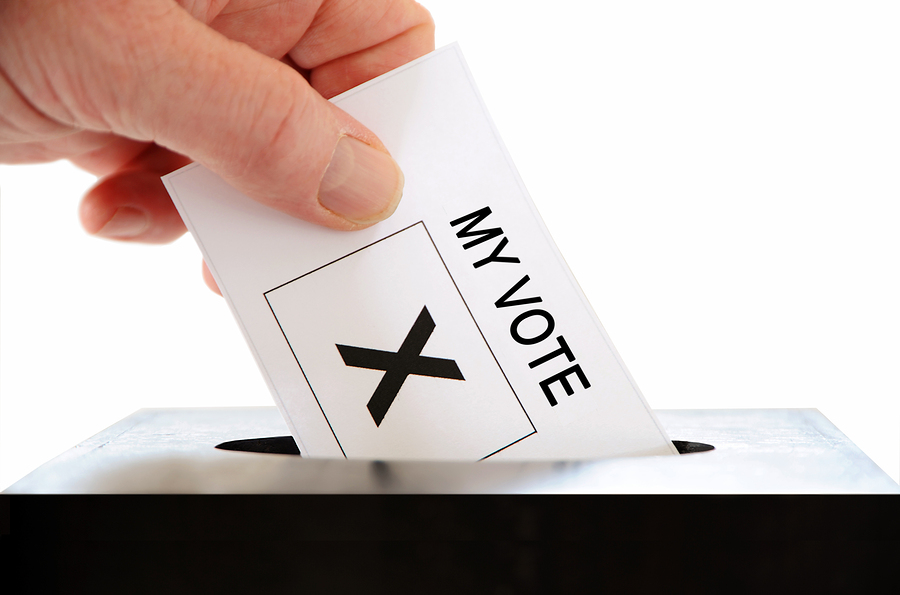Is it time to let 16-year-olds vote?
If 16-year-olds are old enough to pay taxes, should they be able to vote to enable a voice in how those taxes are spent?
The debate over whether 16-year-olds should be granted the right to vote in UK general elections is gaining momentum. Proponents argue that lowering the voting age would invigorate democracy, while opponents caution against the implications of such a change.
Arguments for Lowering the Voting Age
- Civic Engagement: Advocates believe that enfranchising 16-year-olds would enhance civic engagement. Engaging younger citizens in the electoral process could foster a lifelong commitment to voting and political participation. Evidence from Scotland, where 16- and 17-year-olds can vote in Scottish Parliament and local elections, suggests that young voters often show a keen interest in politics and maintain high voter turnout rates.
- Representation: Young people face distinct challenges and issues, such as education policies, climate change, and job opportunities, which are directly influenced by government decisions. Allowing them to vote ensures that their perspectives are considered in the policymaking process, leading to more inclusive and representative governance.
- Political Maturity: Many 16-year-olds are already informed and passionate about political issues. With access to extensive information through the internet and social media, today’s teenagers are arguably better equipped to make informed decisions than previous generations. Involving them in elections could capitalise on their enthusiasm and fresh perspectives.
Arguments Against Lowering the Voting Age
- Maturity and Experience: Critics argue that 16-year-olds lack the maturity and life experience necessary to make informed voting choices. They contend that younger teenagers are still developing their understanding of complex political and economic issues and may be more susceptible to external influences.
- Education System: The readiness of 16-year-olds to vote is also questioned due to varying quality and emphasis on civic education in schools. Without a robust and uniform curriculum to prepare students for the responsibilities of voting, there is concern that many young voters may not fully grasp the significance of their choices.
- Precedent and Practicality: Some worry about the precedent set by lowering the voting age. They argue it could lead to calls for even younger individuals to be granted the vote, further complicating the legal and logistical framework of elections. Additionally, ensuring that 16-year-olds can easily register and vote could present new administrative challenges.
The question of whether 16-year-olds should vote in UK general elections is complex, balancing the potential benefits of increased youth engagement and representation against concerns over maturity and preparedness. As British society continues to evolve and the voices of young people grow louder, this debate is likely to remain at the forefront of discussions about democratic participation and reform.
What are your views?




















